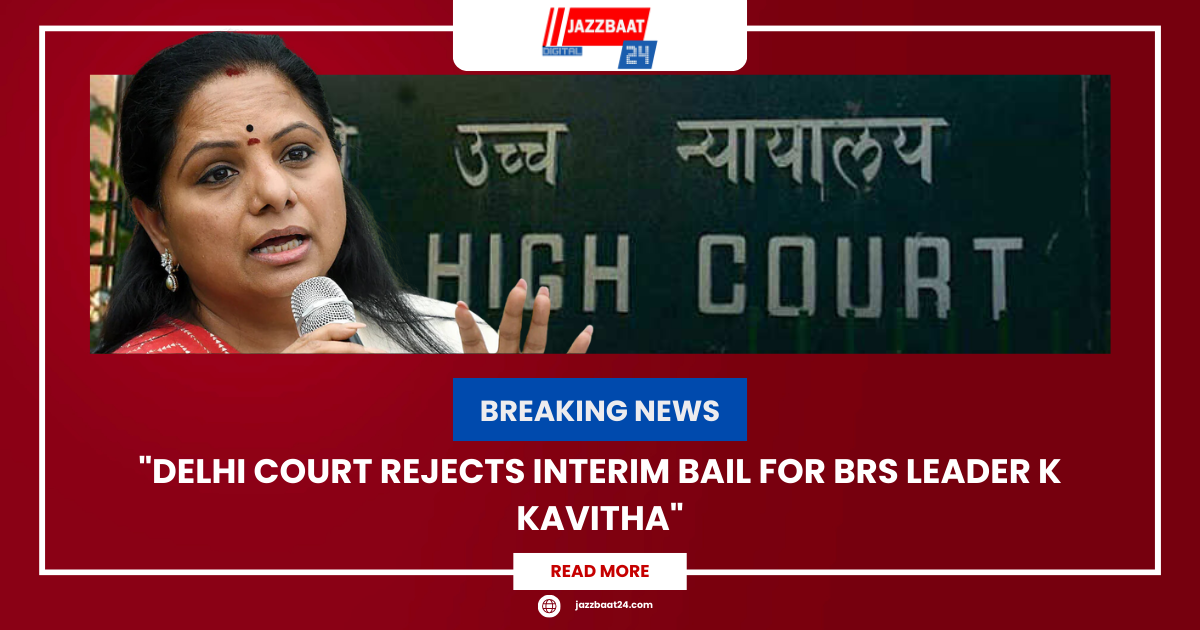In a significant development, a Delhi court has denied interim bail to BRS (Bharatiya Republican Sena) leader K Kavitha amidst allegations of money laundering. The decision comes after an intense legal battle, where Kavitha sought temporary relief pending further investigation into the charges leveled against her.
The case against Kavitha revolves around allegations of money laundering, with authorities accusing her of being involved in illicit financial activities. The prosecution presented compelling evidence linking Kavitha to suspicious transactions and offshore accounts, raising serious concerns about the legality of her financial dealings.
Despite fervent pleas from Kavitha's legal team, the court remained unconvinced of the merits of granting interim bail. Citing the gravity of the charges and the potential risk of tampering with evidence, the court upheld its decision to deny bail, emphasizing the need for a thorough investigation to uncover the truth behind the allegations.
The denial of interim bail represents a significant setback for Kavitha and the BRS, as they now face the prospect of prolonged legal proceedings and potential repercussions. The case has garnered considerable attention, shining a spotlight on the issue of corruption and financial impropriety within political circles.
Kavitha's supporters have expressed disappointment over the court's decision, maintaining her innocence and alleging political vendetta behind the charges. However, legal experts stress the importance of due process and the rule of law in ensuring accountability and transparency in such cases.
The denial of interim bail serves as a reminder of the challenges inherent in combating white-collar crime and corruption within the political establishment. It underscores the need for robust legal frameworks and investigative mechanisms to hold accountable those who engage in illicit financial activities.
As the case against Kavitha unfolds, all eyes will be on the judiciary to deliver justice impartially and uphold the principles of fairness and transparency. The outcome of this high-profile legal battle will have far-reaching implications for the fight against corruption and the integrity of India's democratic institutions.

